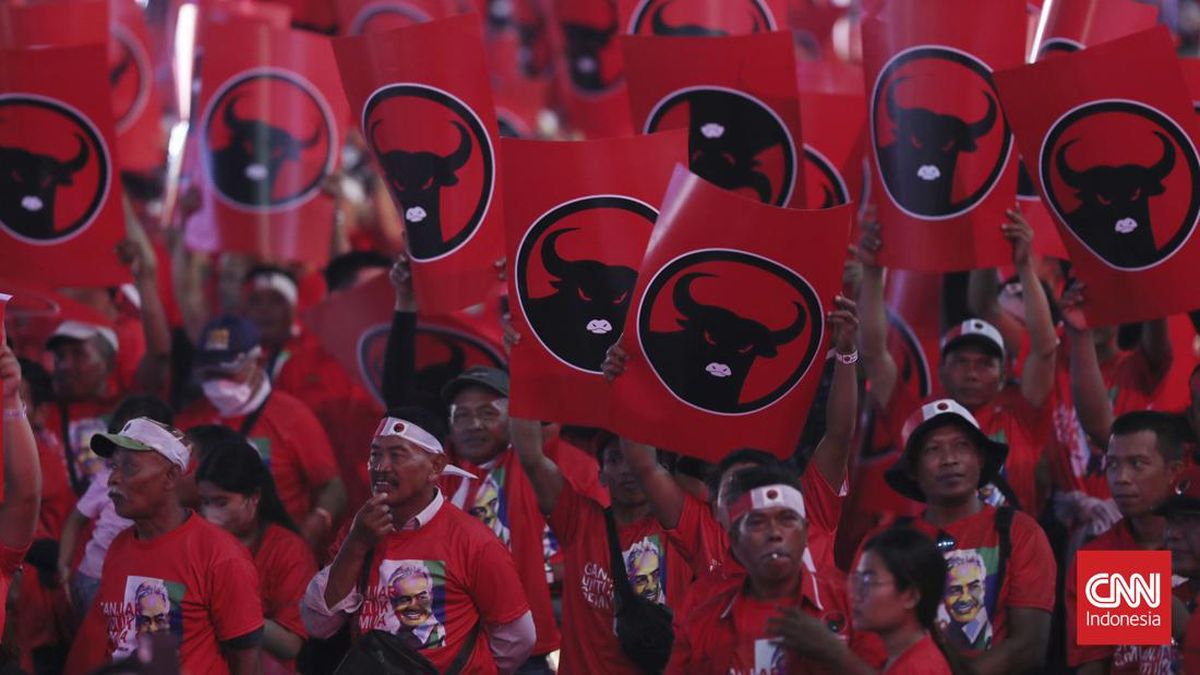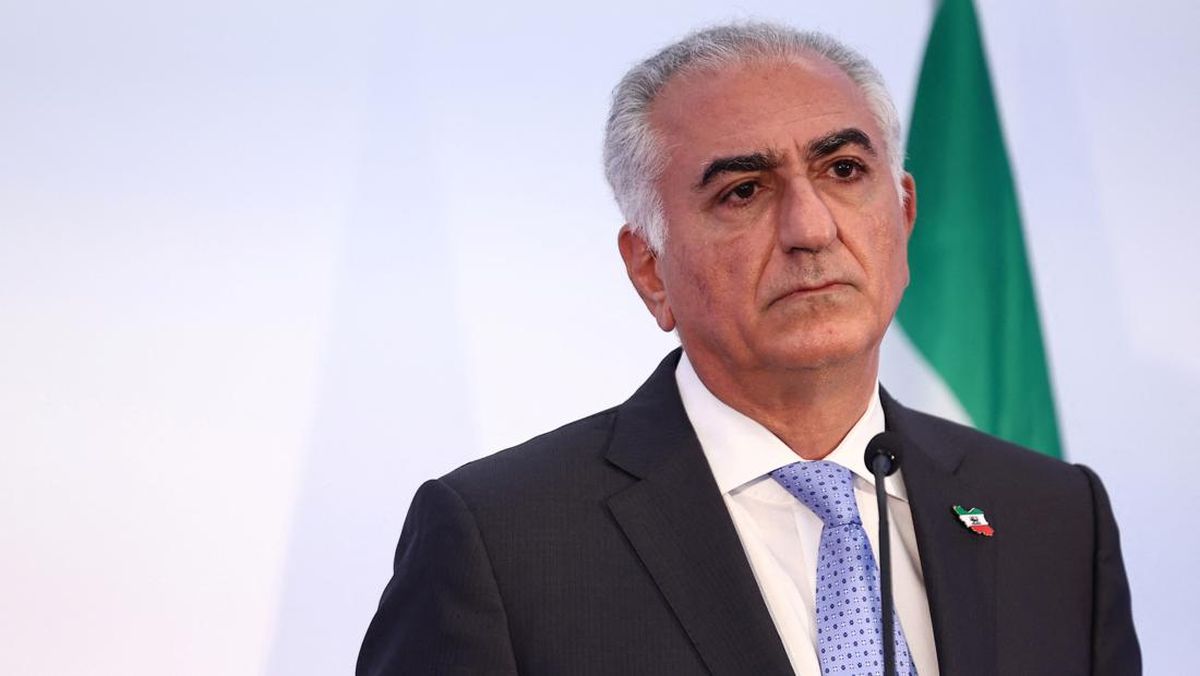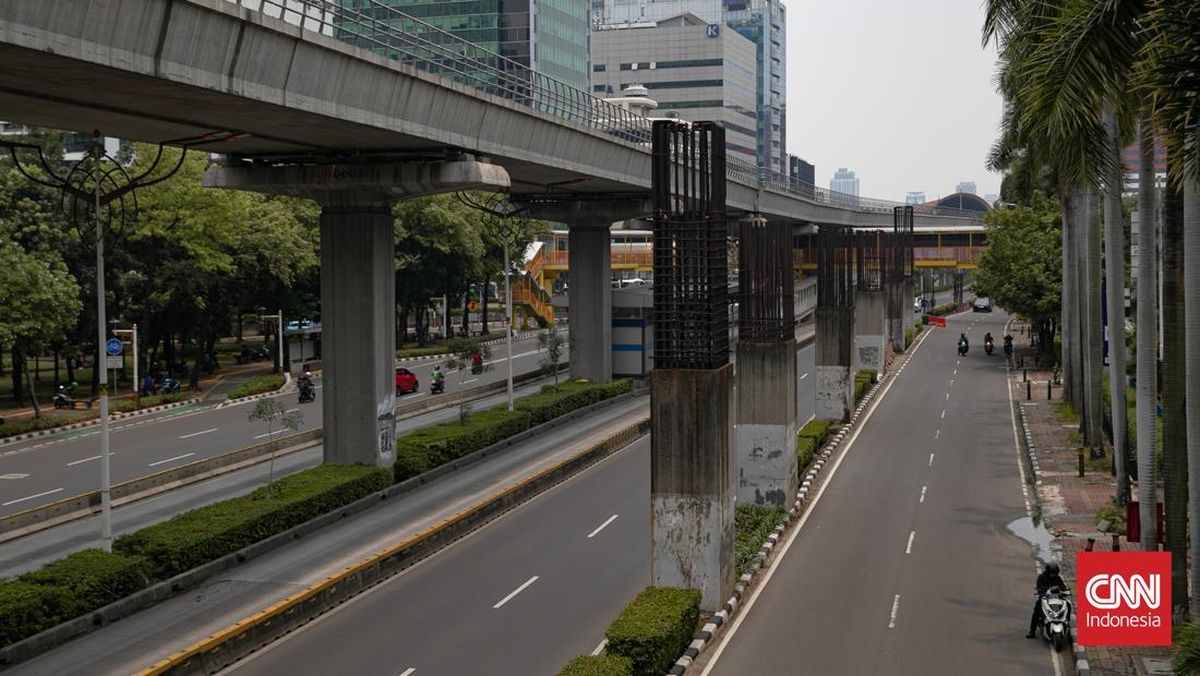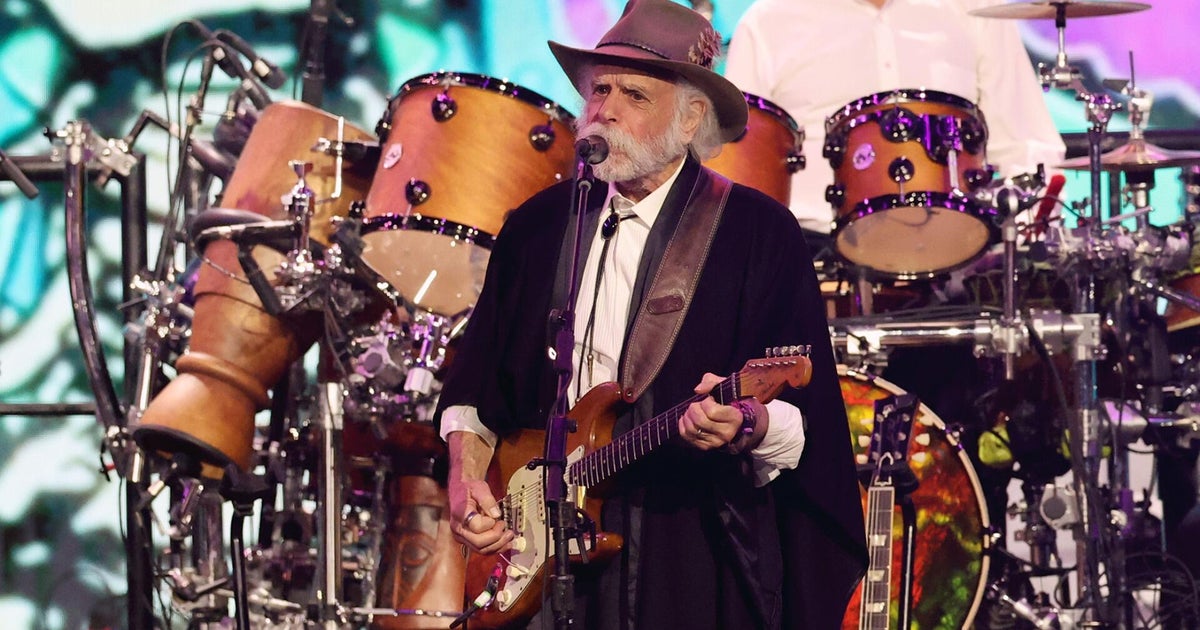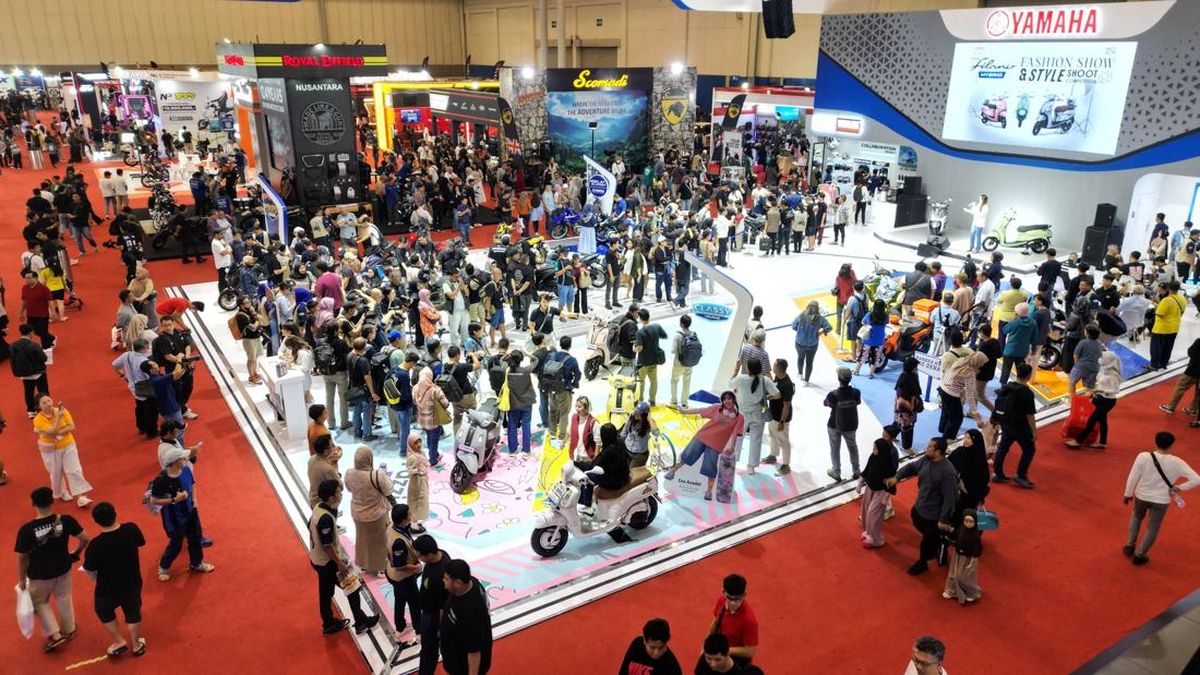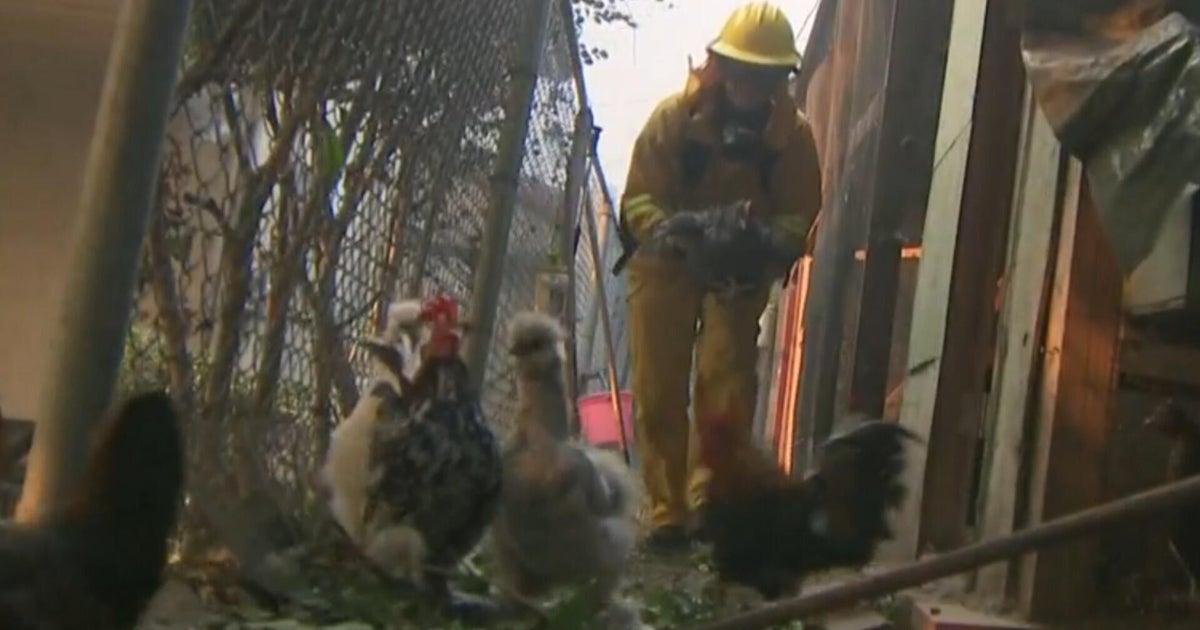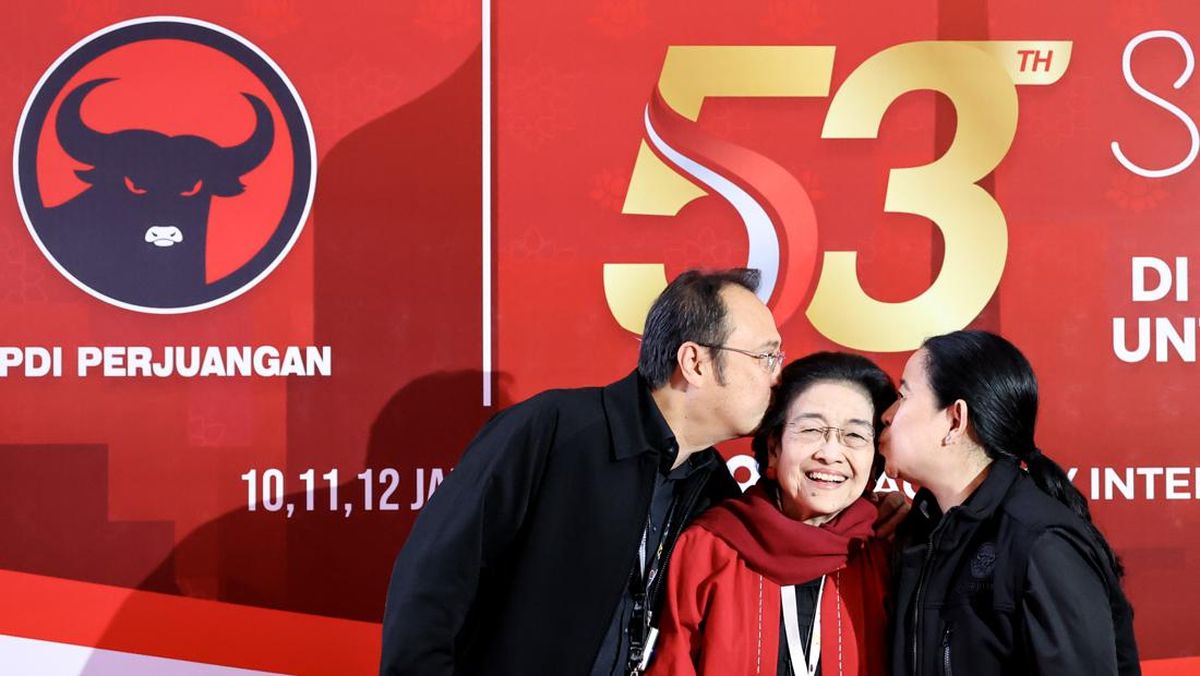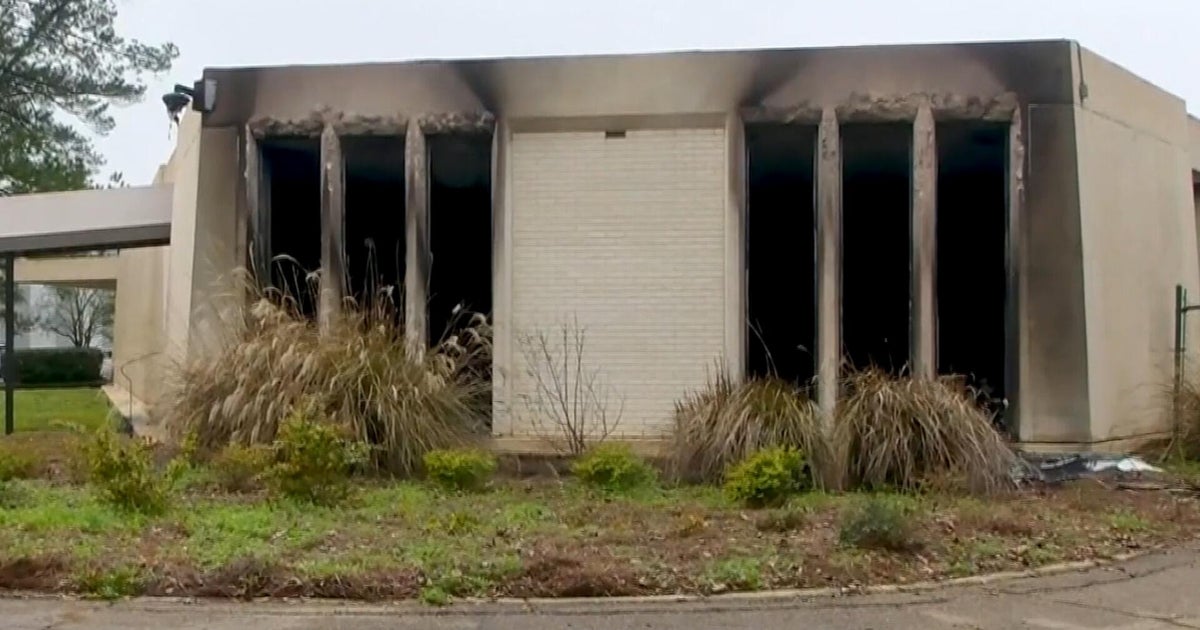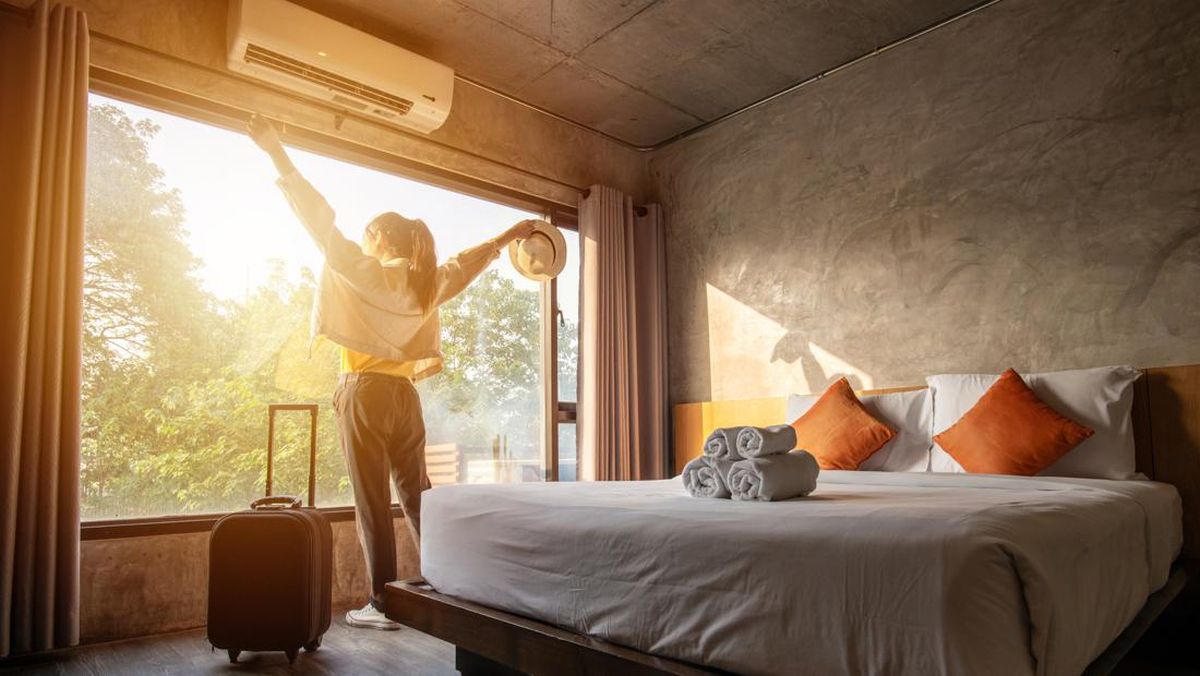Minor parties want a bigger parliament. When will Queenslanders?
It’s an almost unwritten rule of politics and government: the public don’t want more politicians.
And after a week like the last two in Queensland parliament, it’s not hard to understand why.
But it’s also the reason comments from one minor party are worth taking some time to mention.

The public are often said (and shown) to be cold to the idea of more MPs. But they also dislike not being heard – something increasing voter numbers in each electorate will only exacerbate.Credit: Matt Dennien
Speaking to reporters at parliament on Thursday, Katter’s Australian Party leader Robbie Katter was asked about his concerns with how a looming electoral map redraw would affect his team.
(His office’s note about the purpose of the media conference described the LNP’s proposal to abolish one seat held by party mate Shane Knuth as “politically motivated” – not the first such criticism.)
“That should be on the cards,” Katter replied to one question about whether the number of seats in parliament should be expanded from the 93 it was bumped up (by four) in 2017.
“We need more representation in those [rural north and western] areas, so if that means more numbers, either take them away from down here [in the south-east] or increase the size of parliament.”
Katter has long argued about the difficulties of representing an electorate of the size you need plane to fly yourself around.
Given the quirks of Queensland’s “ghost voters” scheme, and population growth centred in the south-east, the only real option for the expansive rural seats are for them to grow even bigger.
The decentralised nature of our politics certainly makes arguments for the abolition of regional seats, particularly among the Big Four (Cook, Traeger, Gregory and Warrego), a hard ask as well.
Katter isn’t alone going out on this limb in 2025. The Greens’ recent submission to the independent redistribution commission suggested the state needed between 20 and 37 new seats.

KAP state members Robbie Katter, Shane Knuth and Nick Dametto.Credit: William Davis
But the major parties don’t want to talk about it. Asked on Friday if it was open to Katter’s suggestion, the Crisafulli government (again) declined to provide a response.
His office instead pointed me to an answer during Thursday’s question time, in response to a question from Knuth about how the state’s north would be appropriately represented if his seat was abolished.
Loading
“I make this commitment to people: wherever seats fall, whoever represents them, one thing is for certain and that is that I know this state is bigger than Brisbane,” Crisafulli said.
While Labor’s submission noted maintaining 93 seats “constrained” the work of ensuring all Queenslander’s votes carried equal weight, it did not call for change.
Opposition Leader Steven Miles would not be drawn to directly answer the question at a Friday media conference, instead reiterating the party’s concern about the independence of the redraw process.
(Concerns that comments like Small Business Minister Steve Minnikin’s swipe at former minister and Pine Rivers Labor MP Nikki Boyd in parliament on Tuesday that “redistribution will take care of you” do nothing to ease.)
Loading
Before the 2024 election, some floated the idea of an independent parliamentary committee to take a look at these and other matters. Neither major party really latched on to that idea either.
Given the lengthy and consultation-heavy redistribution work is already under way, and can’t consider the need for more seats, it would seem unlikely the government would make such a change.
The finalised election map will be in place for the 2028 election, with the next redraw not due until after the 2032 vote – though a parliamentary vote to increase the number of seats would change that.
Opinion polling suggests the public is, at a federal level at least, not supportive of more politicians.
Another thing the public clearly aren’t supportive of is feeling like they’ve not been heard by those who are elected to represent them.
With the number of voters in each seat only increasing with each year more are not installed in parliament, the risk of that feeling overtaking any reluctance for more MPs only grows, too.
It’s yet another thing the major parties ignore at their peril.
Heads up
- Parliament will hold its next three-day sitting from Tuesday, October 14, the week after the government’s much anticipated five-year energy plan is unveiled by Treasurer David Janetzki. Before then, the State Library’s review of award processes – ordered after Arts Minister John-Paul Langbroek intervened to scuttle a ceremony earlier in the year – is due to be handed to Langbroek and the library’s board.
Catch up
- Another parliamentary sitting has delivered yet another set of government amendments to an unrelated bill allowing it to bypass the public scrutiny of the committee system meant to make up for Queensland’s lack of upper house MPs: this time to outlaw pill testing. Responding to criticism, Deputy Premier Jarrod Bleijie told reporters at a Friday media conference only “morons” in the Labor Party supported the evidence-based programs – a label seemingly also applied to the Australian Medical Association, among other expert groups.
Most Viewed in Politics
Loading


